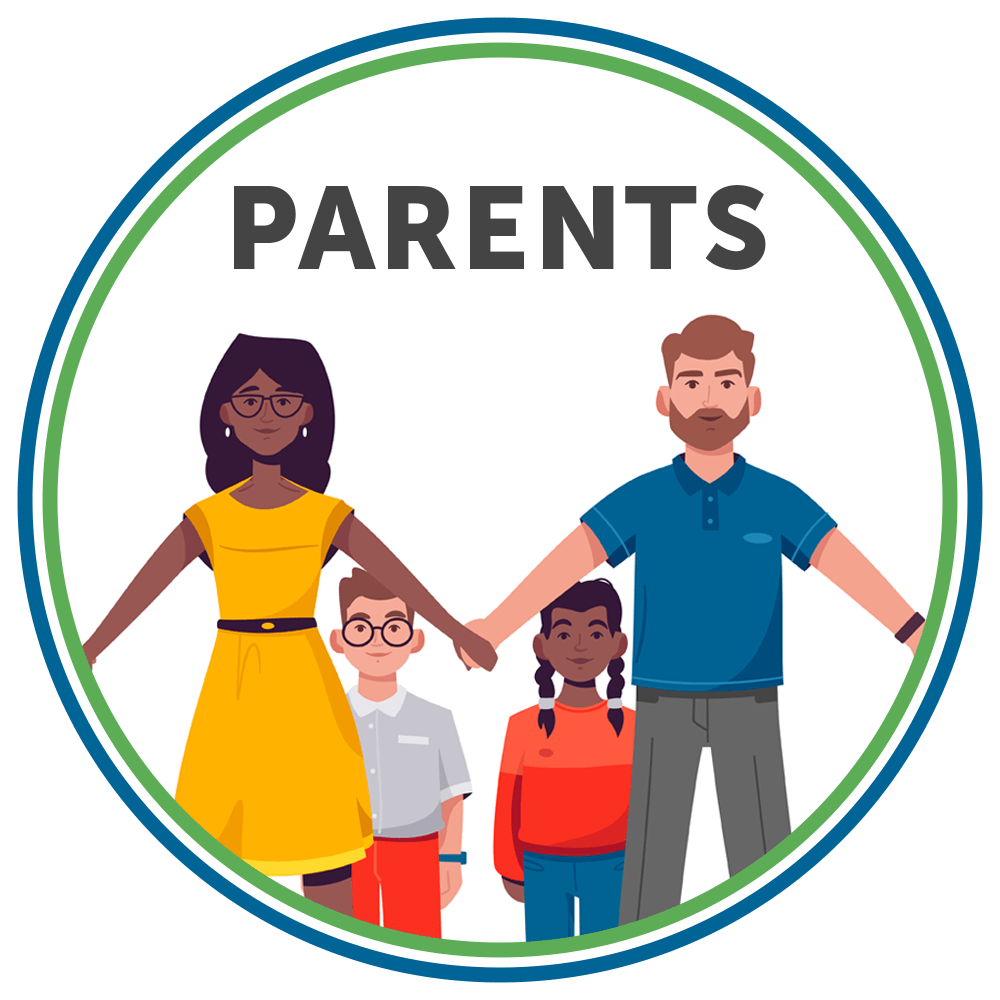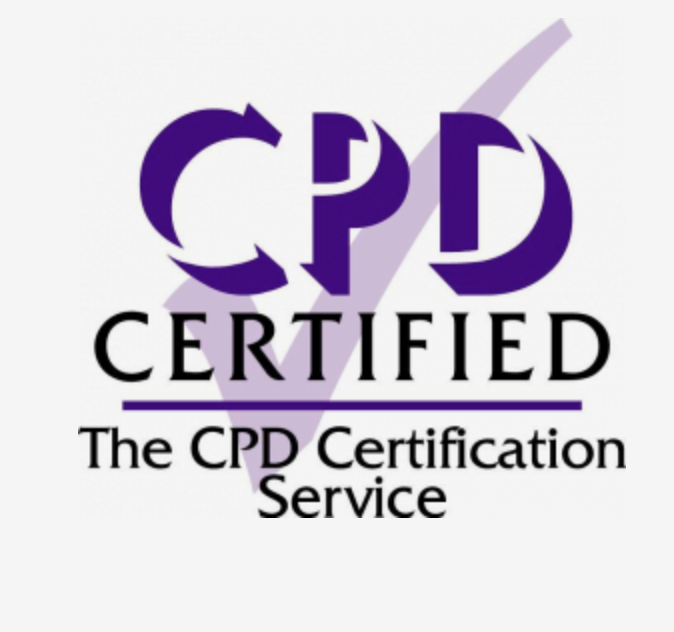The information contained within this blog comprises a series of 112* word individual safeguarding posts, specifically tailored and adapted for Expatriate Communities and in particular the International Schools’ global community. In this context I am using the term 112 Safeguarding to mean ‘Emergency’ or ‘First Responder’ Safeguarding. Use the ‘search’ functions at the top or bottom of this page to look for specific topics of interest.
*112 being the International emergency service contact number from mobile phones and some landline phones. See link for global emergency contact details, including those where 112 can be used: Global 112 Usage














